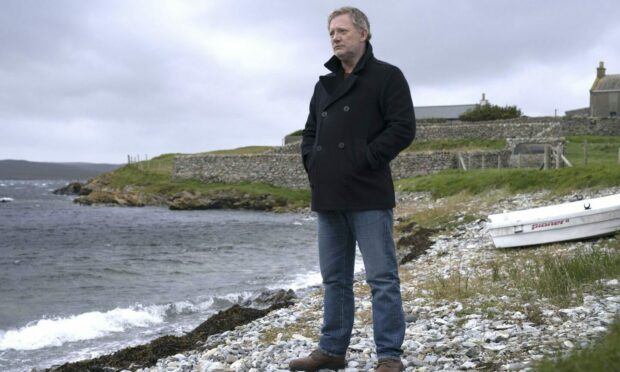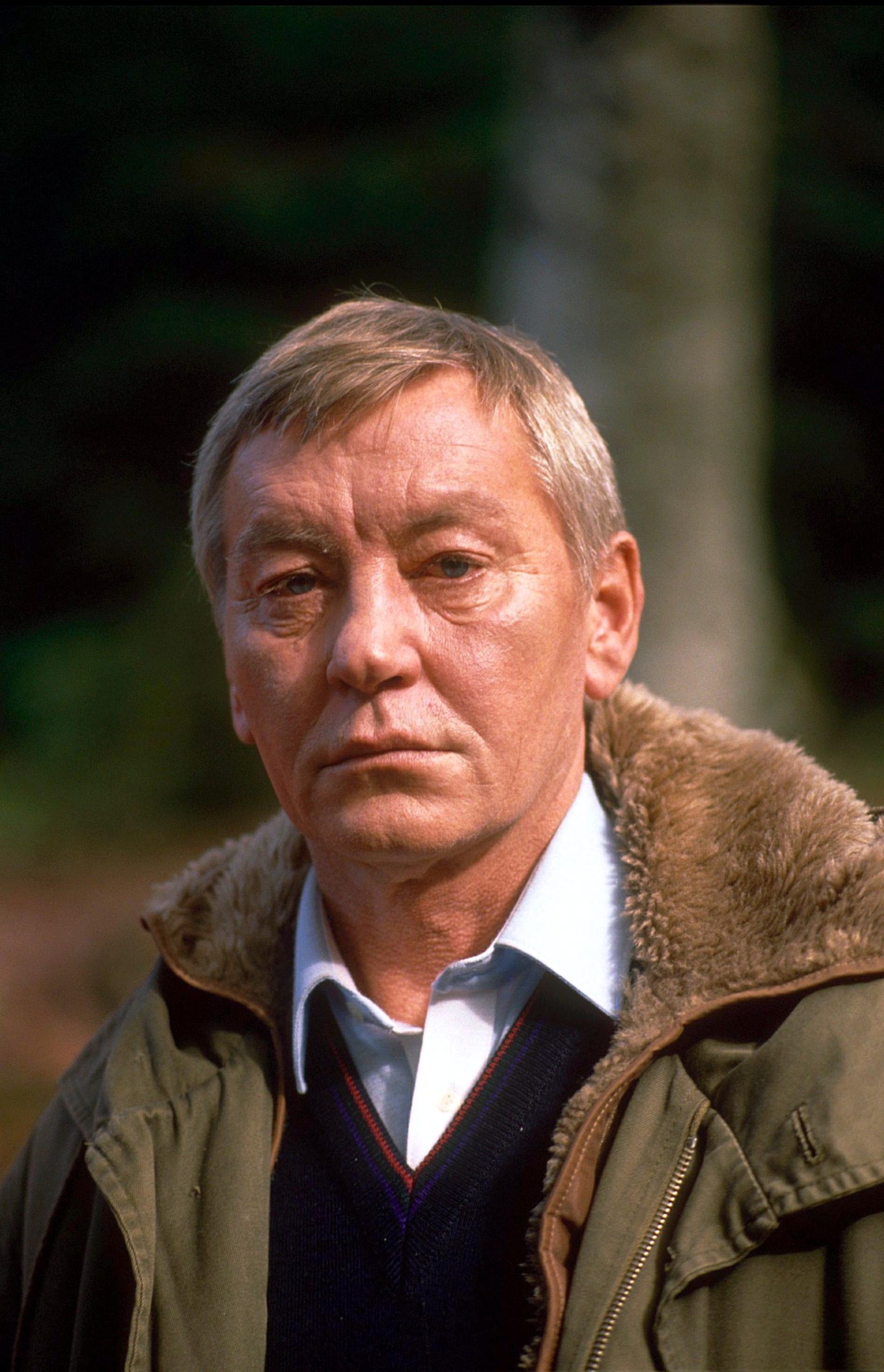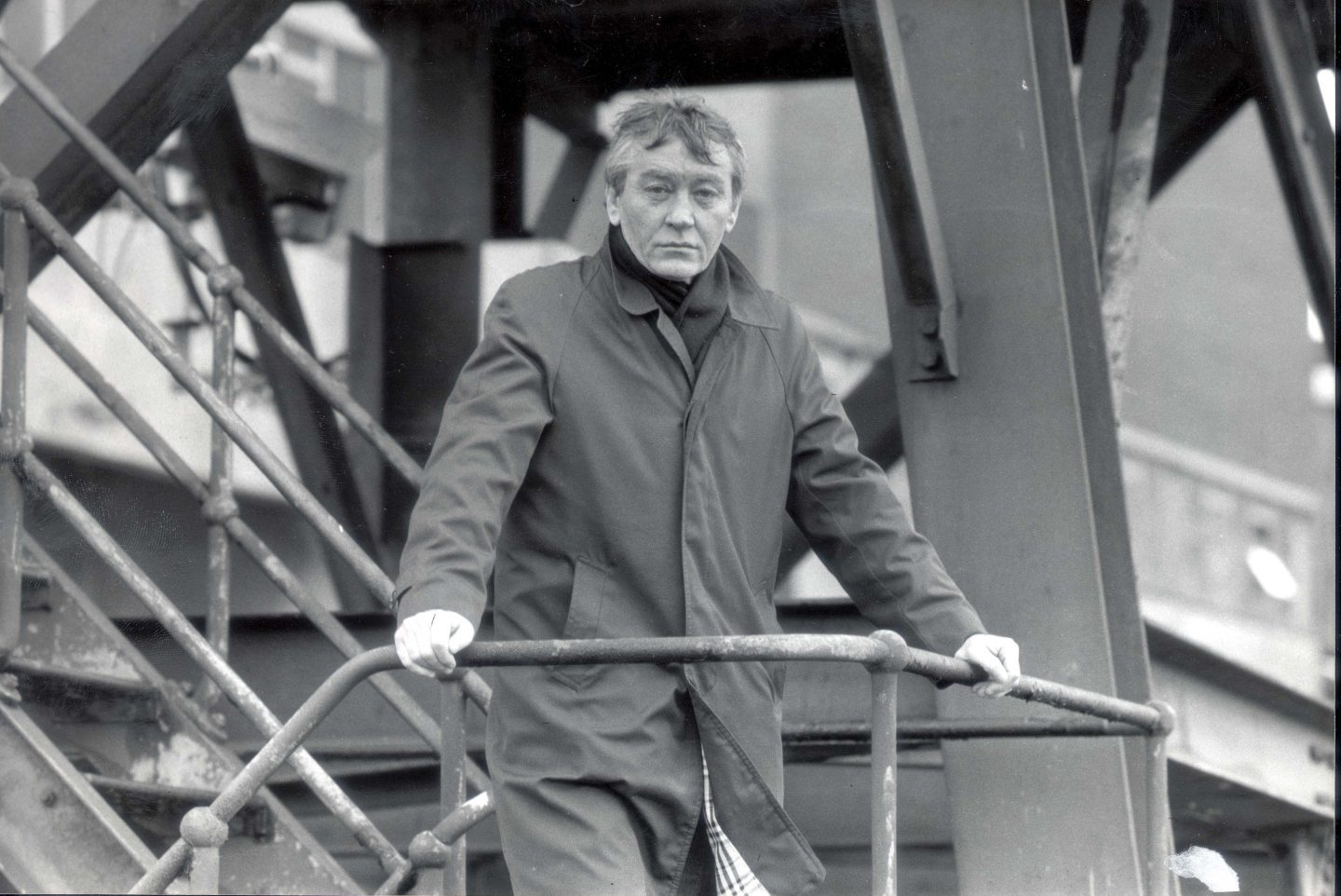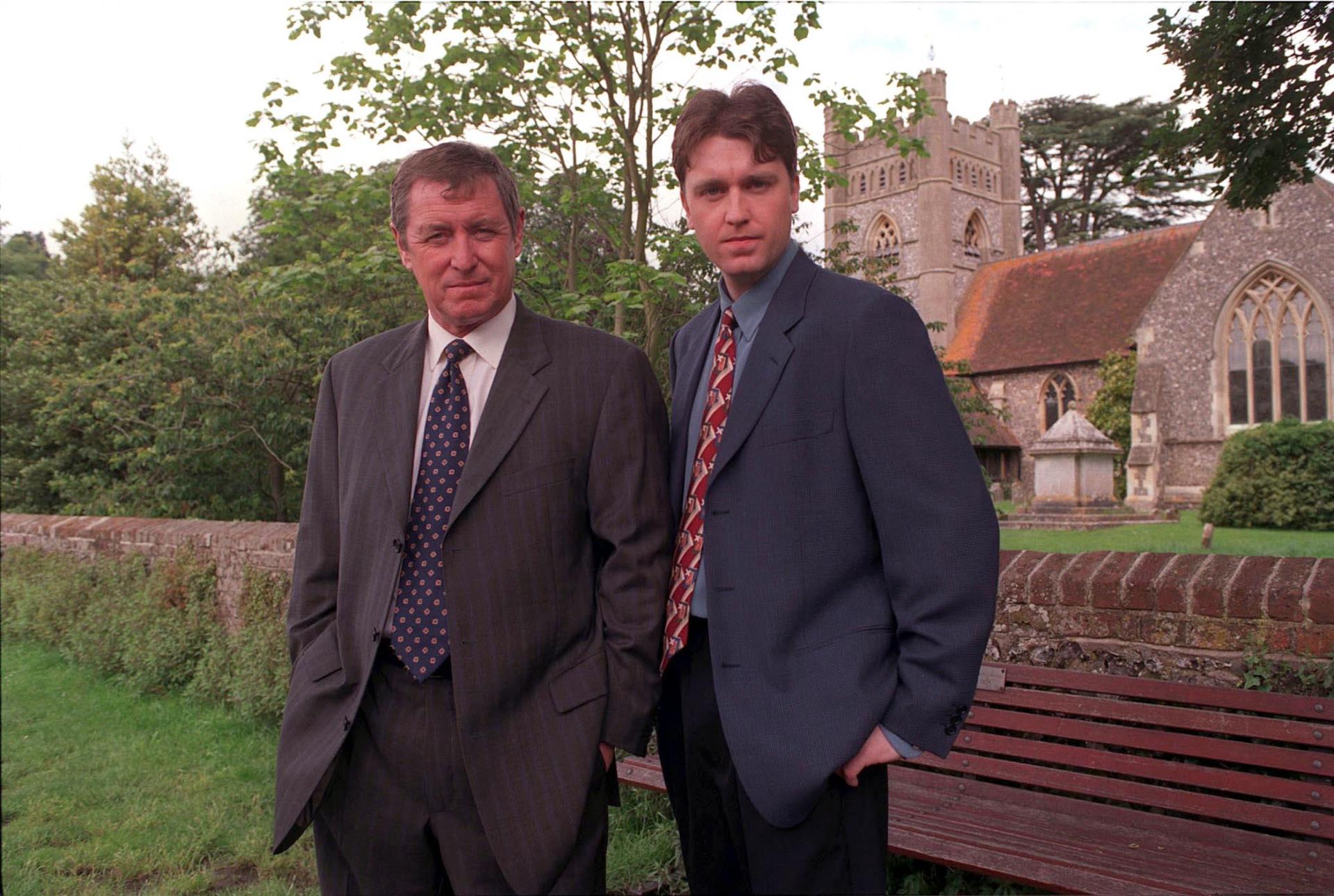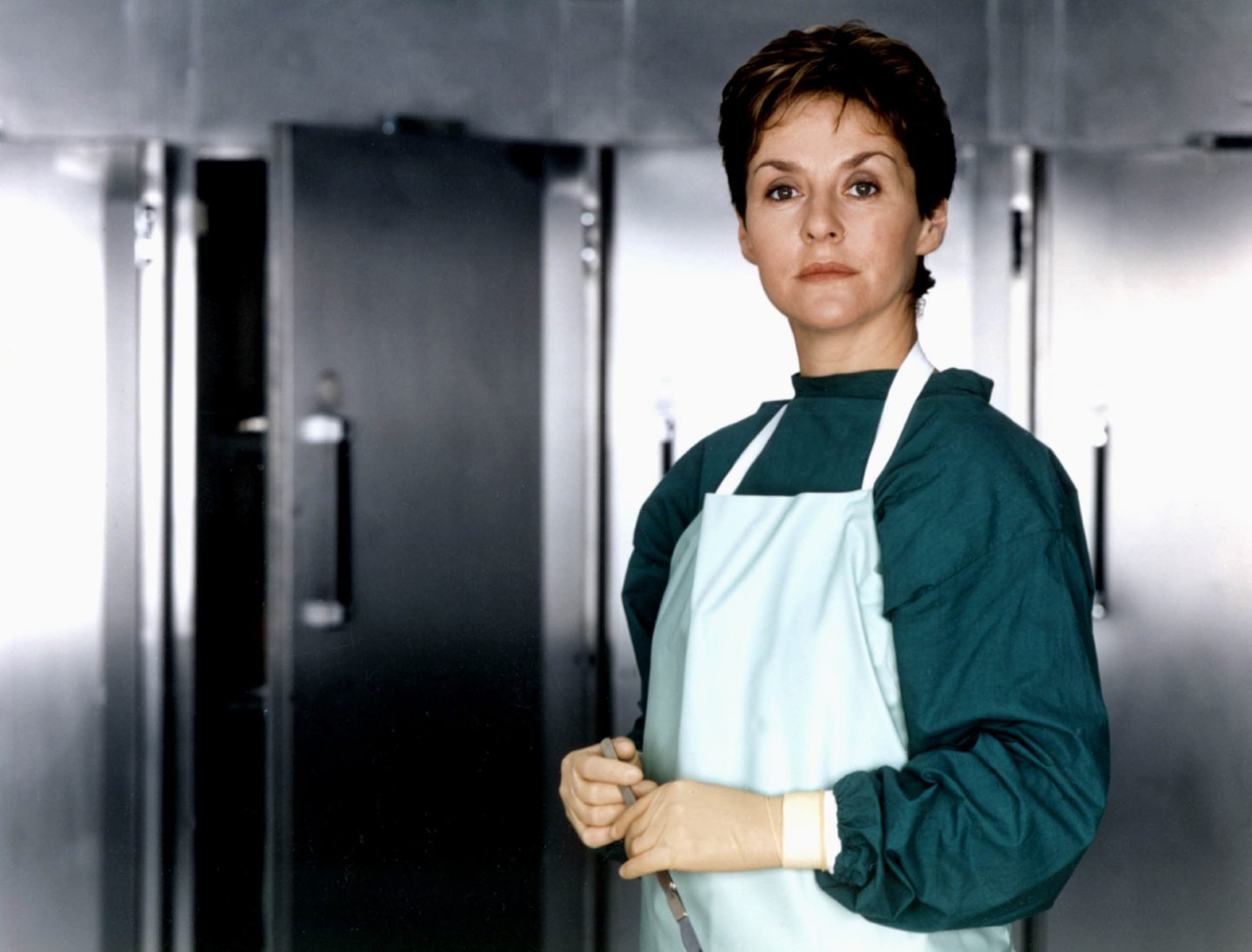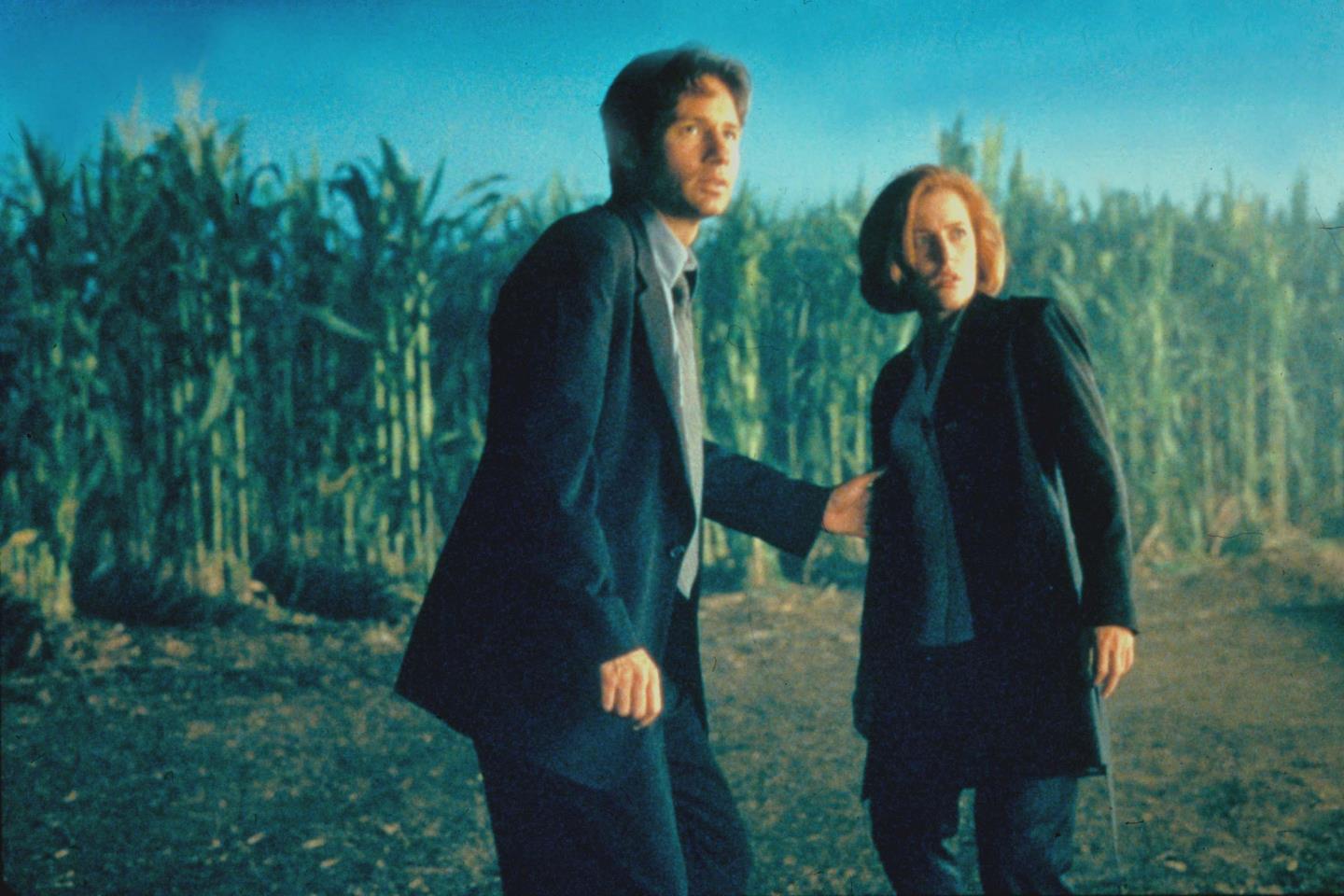It’s never a problem for well-known literary characters when their authors progress from one generation to another.
Hercule Poirot was still using his “little grey cells” to solve mysteries in the 1970s just as he was in the 1920s, although Agatha Christie finally ceased his sleuthing in Curtain.
Sherlock Holmes even survived being killed off by Sir Arthur Conan Doyle, and made a miraculous escape from the Reichenbach Falls – although one fan later told the author: “He may have come back from the dead, but he was never quite the same man again.”
Nowadays, the Broons and Oor Wullie are still the same age as they were when Dudley D Watkins brought them to the Sunday Post Fun Section in the 1930s.
Nine years in the same role for Henshall
But it’s different for actors and television producers when circumstances mean they decide to quit a part (or have the decision taken for them) which they have played for many years – and that’s why there was concern when Douglas Henshall announced he was leaving the drama Shetland after nearly a decade in the role as DI Jimmy Perez.
Will the show go on without him? Will he be involved in a bloody denouement or will a new detective fill in his boots in the murderous killing fields of, ahem, Lerwick?
Why not? After all, there are plenty of precedents in TV history.
Taggart
The most obvious example is DCI Jim Taggart, as portrayed by Mark McManus, in the eponymous crime drama which first appeared on our screens in 1983. A man who adhered to the PG Wodehouse maxim that it is never difficult to distinguish between a Scotsman with a grievance and a ray of sunshine, he engaged in a one-man bad cop/bad cop routine for more than 10 years on the mean streets of Maryhill.
Yet when McManus died, aged just 59, during the shooting of an episode in 1994, the action continued, his absence explained away by the dour cop being “in meetings with the Chief Constable”. And the programme was such a ratings hit with viewers that James MacPherson inherited the role as DCI Michael Jardine, continued his investigations in No Mean City until 2002, and when his character was finally killed off and dumped in the Clyde, there was still no sense that it might to be time to call a halt.
Instead, he was replaced with DCI Matt Burke, formerly of Special Branch, depicted by Alex Norton, who is now one of the stars of the comedy Two Doors Down.
It didn’t even seem to matter that Norton had previously appeared in the series as a murder suspect George Bryce in the 1986 episode Knife-Edge.
Because, in Taggart’s world, if you waited long enough, you could move from corpse, killer or suspect to Hollywood prominence, as happened with the likes of Robert Carlyle, Alan Cumming, John Hannah, Jason Isaacs, Dougray Scott, Richard Madden, Iain Glen, Kate Dickie, Billy Boyd, Julie Graham….and the then little-known Douglas Henshall who featured in the New Year’s Day special Love Knot in 1990.
The programme was eventually axed in 2010, but only after more than 25 years of bludgeonings, poisonings, bombings, fatal snakebites and dismemberment….whatever new gruesome method the writers could slot into their west of Scotland setting.
Midsomer Murders
Mind you, Taggart never reached the stage where hapless patsies were being eliminated by flying bottles of wine, dumped in a spin drier or asphyxiated by a wheel of cheese.
But, even now, 25 years after the first episode The Killings At Badger’s Drift was broadcast in the UK in March 1997, Midsomer Murders remains a staple of the TV landscape and there’s no point criticising the absurdity of many of the scripts because the producers are in on the joke themselves. As one critic wrote: “It never takes itself too seriously, but has got its tongue so far into its cheek that it hurts.”
John Nettles, a stalwart of detective series Bergerac, moved comfortably into the role of DCI Tom Barnaby, whose cosy domestic life with his wife, Joyce, and daughter, Cully, contrasted starkly with the murder and mayhem being wrought on various villages on his patch, with he and his various assistants usually only catching the killer after the latter had slaughtered everybody they were targeting in the first place.
Nettles admitted as much when he appeared in a celebration of the show, but admitted that The Hopeless Detective would not have worked as well as a title.
Yet, when he chose to pass on the torch in 2011, nobody seemed to consider it strange that his job would be taken by his younger cousin, John Barnaby, or that the actor who succeeded him, Neil Dudgeon, had previously appeared in a Midsomer episode.
Why should reality intrude on the proceedings when the settings are picturesque and everything’s neatly wrapped up in a couple of hours? Indeed, the Buckinghamshire tourism authority announced last year it was launching three themed tours of locations in the county that have been used to film the series. Murder sells in some places.
Silent Witness
American TV companies have grown ruthlessly efficient at replacing actors in their various franchises such as CSI and Law and Order. But in Britain, there still tends to be more of a fuss when a long-running character is either written out or killed off.
However, when a series enjoys as much prolonged success as Silent Witness, the BBC drama which focuses on a team of forensic pathology experts and their investigations into various crimes, sentiment can go for a walk. In 1996, Amanda Burton was the lead in a role which often asked her to walk an impossible line between dissecting dead bodies and joining the official police in their inquiries.
You WILL not laugh at this!
One moment, she was the scientist in a lab coat; the next, she was having “Eureka” moments of intuitive inspiration or being chased by demented murderers. It should have been ridiculous (and Charlie Brooker spoofed it in his comedy A Touch Of Cloth), but, unlike Midsomer, Silent Witness has always taken itself very very seriously.
On Burton’s watch, Dr Sam Ryan didn’t crack jokes. Smiles were verboten. Even the doomy choral theme music was the stuff of which nightmares are made.
But hang on, the programme is broadcast in more than 230 territories. And almost nobody stopped watching when Burton’s shoes were filled by Emilia Fox after eight series. There’s a message there after 228 – and counting – episodes.
The X-Files
It was one of the biggest hits of the 1990s – referenced in everything from The Simpsons to the Oxford English Dictionary – and hundreds of millions of viewers across the world were captivated by the exploits of paranormal investigators Fox Mulder and Dana Scully, whose will-they-won’t-they vibe brought an added frisson to the drama.
However the filming schedule of 24 episodes every season in various locations in Canada proved incredibly gruelling for the lead actors David Duchovny and Gillian Anderson. Nothing stopped for the cameras, not even the latter’s pregnancy when the producers found it increasingly difficult to conceal her significant bump. So they had her abducted by aliens and taken out of the picture for a few weeks.
The series gained myriad honours, was showered with accolades and its writers included Howard Gordon (who subsequently worked on Homeland and 24), James Wong and Glen Morgan (the Final Destination films) and Vince Gilligan (Breaking Bad and Better Call Saul). But eventually, Duchovny had chased enough little green men.
The first five seasons of The X-Files were filmed and produced in Vancouver in British Columbia, before production moved to Los Angeles to accommodate Duchovny.
Yet even the talented writing team were running out of ideas and the programme often verged so close to “jumping the shark” that one of its episodes was given that title.
Finally, not bothered any more about the truth being out there, Duchovny’s appearances dwindled, partly because of a contract dispute that occurred after season seven and he was absent for all of the ninth season until the last two-part episode which attempted to tie up its many conspiracy theories and failed miserably.
What next for Shetland?
So what conclusion can we draw about Douglas Henshall’s departure from Shetland? Well, firstly, on the evidence of other shows, this needn’t be the kiss of death for the drama which has built up a strong ensemble cast and a significant audience.
And, as long as the scripts are tightly-plotted, there will be no shortage of viewers.
Ultimately, though, Perez has been investigating such crimes as human trafficking, assassination, sexual abuse and industrial espionage. And all this on Shetland!
The series might still have a viable future. But one suspects its best days are behind it.
Shetland starts on BBC One on August 10 at 9pm.
More like this:
David Duchovny has never forgotten his Aberdeenshire roots
Burning ambition: How Dundee actress sang her way into the spotlight in The Wicker Man
Sir Alex Ferguson: Football’s Jim Taggart proves you can win things with kids
